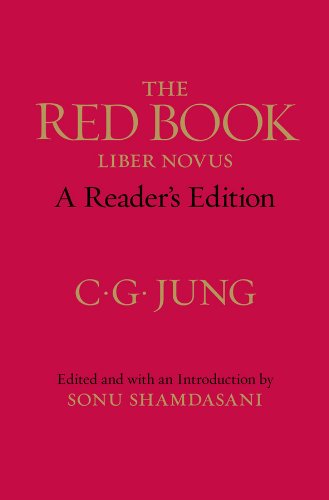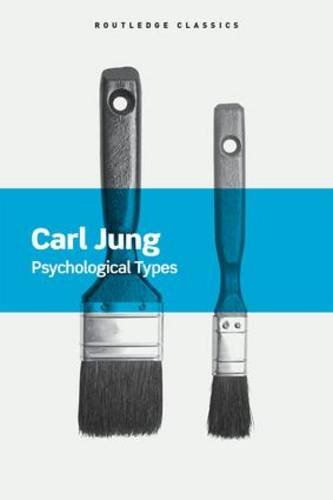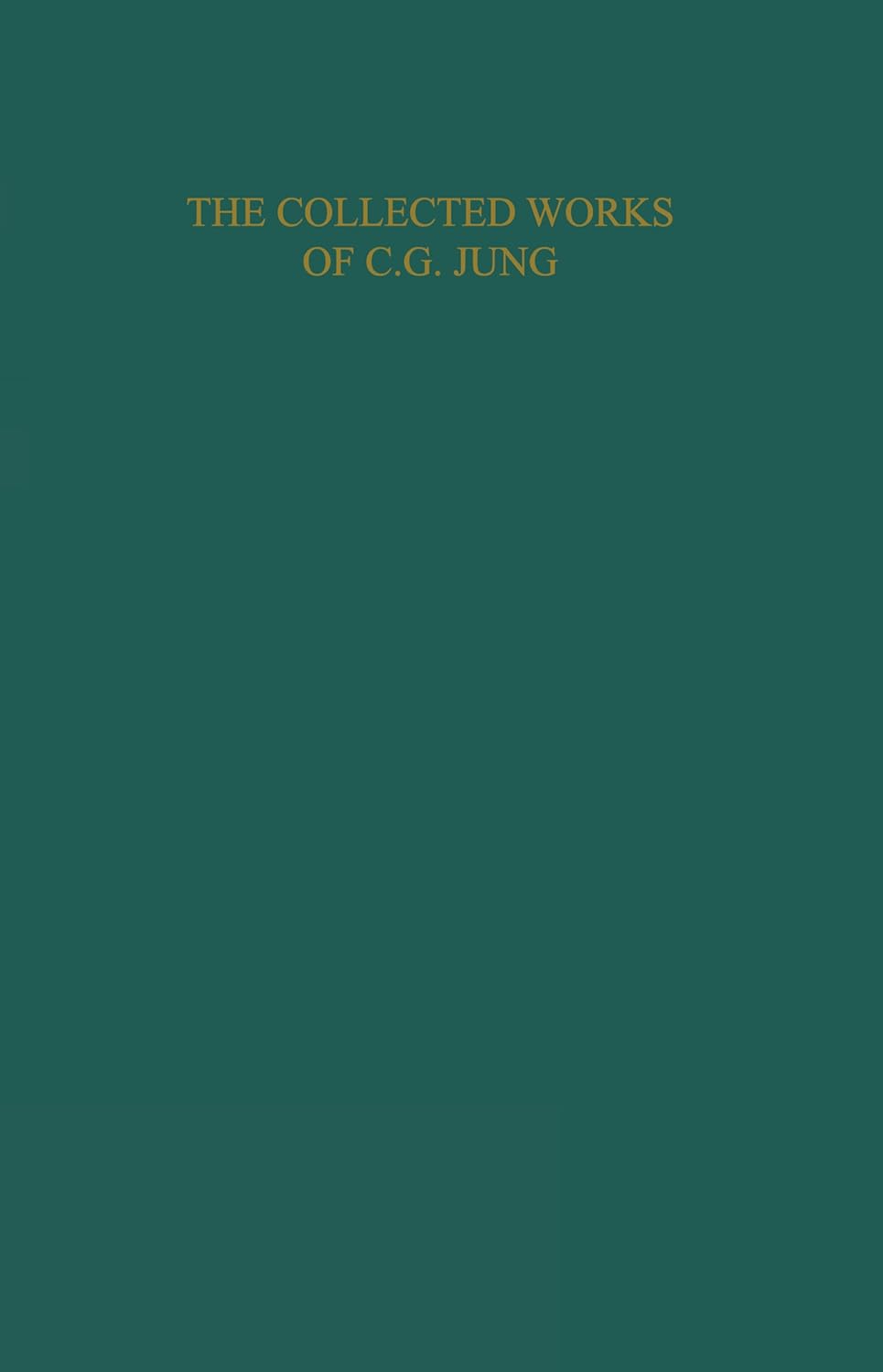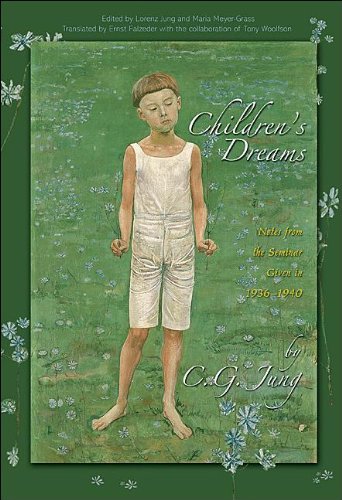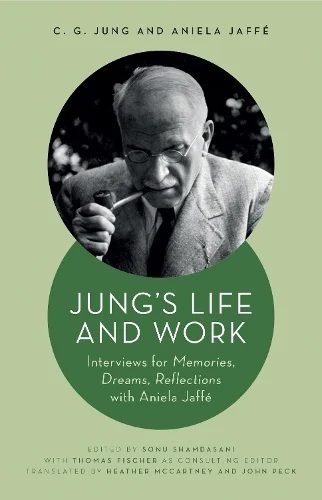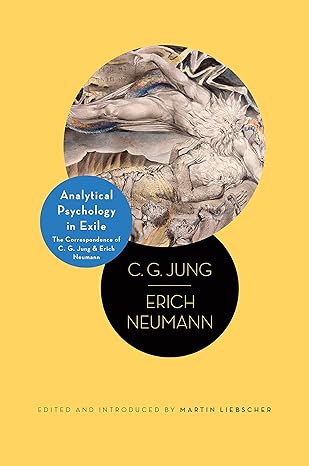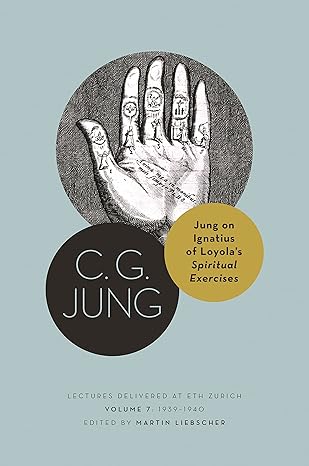C.G. Jung
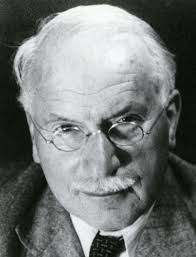
C. G. Jung (1875 - 1961) was a Swiss psychiatrist, innovative thinker and founder of Analytical Psychology, whose most influential ideas include the concept of psychological archetypes, the collective unconscious, and synchronicity. He is the author of numerous works, including Memories, Dreams, Reflections and Man and His Symbols.
The Active Imagination: Notes from the Seminar Given in 1931
In the fall of 1931, C. G. Jung gave an intensive series of seminars on the use of active imagination in clinical practice. Delivered at the Hotel Sonne in Zurich, these lectures describe a technique... (more)
The Red Book: A Reader's Edition
The Red Book (catalogue number 29085), published to wide acclaim in 2009, contains the nucleus of C.G. Jung's later works. It was here that he developed his theories that would transform... (more)
Psychological Types
Psychological Types is one of Jung's most important and famous works. First published by Routledge in the early 1920s it appeared after Jung's so-called fallow period, during which he published... (more)
Collected works Vol.18: The symbolic life - miscellaneous writings
Originally planned as a brief final volume in the Collected Works, The Symbolic Life has become the most ample volume in the edition, and one of unusual interest. It contains some 160 items spamming... (more)
Nietzsche's Zarathustra: Part 1 Notes of the Seminar given 1934-1939
An examination of one of the major philosophical influences on Jung that also provides a case study in Jungian psychology. (more)
Children's Dreams: Notes from the Seminar Given in 1936-1940 by C. G. Jung
In the 1930s C.G. Jung embarked upon a bold investigation into childhood dreams as remembered by adults to better understand their significance to the lives of the dreamers. Jung presented his... (more)
Jung's Life and Work: Interviews for Memories, Dreams, Reflections with Aniela Jaffé
In 1957, at the age of eighty-one, C. G. Jung began a collaboration with his student and secretary Aniela Jaffé and the legendary publisher Kurt Wolff on a book about his life. Memories, Dreams,... (more)
Analytical Psychology in Exile: The Correspondence of C. G. Jung and Erich Neumann
C. G. Jung and Erich Neumann first met in 1933, at a seminar Jung was conducting in Berlin. Jung was fifty-seven years old and internationally acclaimed for his own brand of psychotherapy. Neumann,... (more)
Jung on Ignatius of Loyola’s Spiritual Exercises: Lectures Delivered at ETH Zurich, Volume 7: 1939–1940
Between 1933 and 1941, C. G. Jung delivered a series of public lectures at the Swiss Federal Institute of Technology (ETH) in Zurich. Intended for a general audience, these lectures addressed a broad... (more)
The Archetypes and the Collective Unconscious (Collected Works: Vol. 9 Part 1)
The concept of "archetypes" and the hypothesis of "a collective unconscious" are two of Jung's better known ideas. In this volume, taken from the Collected Works, Jung describes and elaborates the... (more)
Dream Analysis: Notes on the Seminar Given in 1928-30 (Part 1)
This seminar was given at a series of weekly meetings, and was based on the dreams of one of Jung's male patients. It contains a storehouse of dream interpretation by Jung himself.
The Practice of Psychotherapy (Collected Works: Vol. 16)
The Practice of Psychotherapy brings together Jung's essays on general questions of analytic therapy and dream analysis. It also contains his profoundly interesting parallel between the transference... (more)
Jung on Alchemy
Presents a selection of Jung's writing on alchemy, a concise introduction to its principles and the importance of alchemy in the context of analytical psychology and the relevance of its symbolism to... (more)
Jung on Evil
This text brings together a key selection of Jung's writings on evil, a subject that became a central issue for him as he got older, to provide an accessible account of his thoughts on the subject,... (more)
Jung on Active Imagination
This work contains a selection of Jung's key writings on active imagination, showing how he developed the method over many years and came to realise its importance for achieving both self-knowledge... (more)
Answer to Job
Jung addresses the problem of how a good god can countenance the appalling evil apparent in the world. (more)
Modern Man in Search of a Soul
New edition in the 'Routledge Classics' series. 250 pages. (more)
Jung on Synchronicity and the Paranormal
Brings together a selection of Jung's work on the paranormal and synchronicity, from well known and less accessible sources. In a searching introduction the editor addresses all the main aspects of... (more)
Development of the Personality (Collected Works: Vol. 17)
Though Jung's main researches have centred on the subject of individuation as an adult ideal, he has a unique contribution to make to the psychology of childhood. Jung repeatedly underlined the... (more)
Collected Works Vol.8: The Structure and Dynamics of the Psyche
The Structure and Dynamics of the Psyche first appeared in the Collected Works in 1960. In this new edition bibliographical citations and entries have been revised in the light of subsequent... (more)



